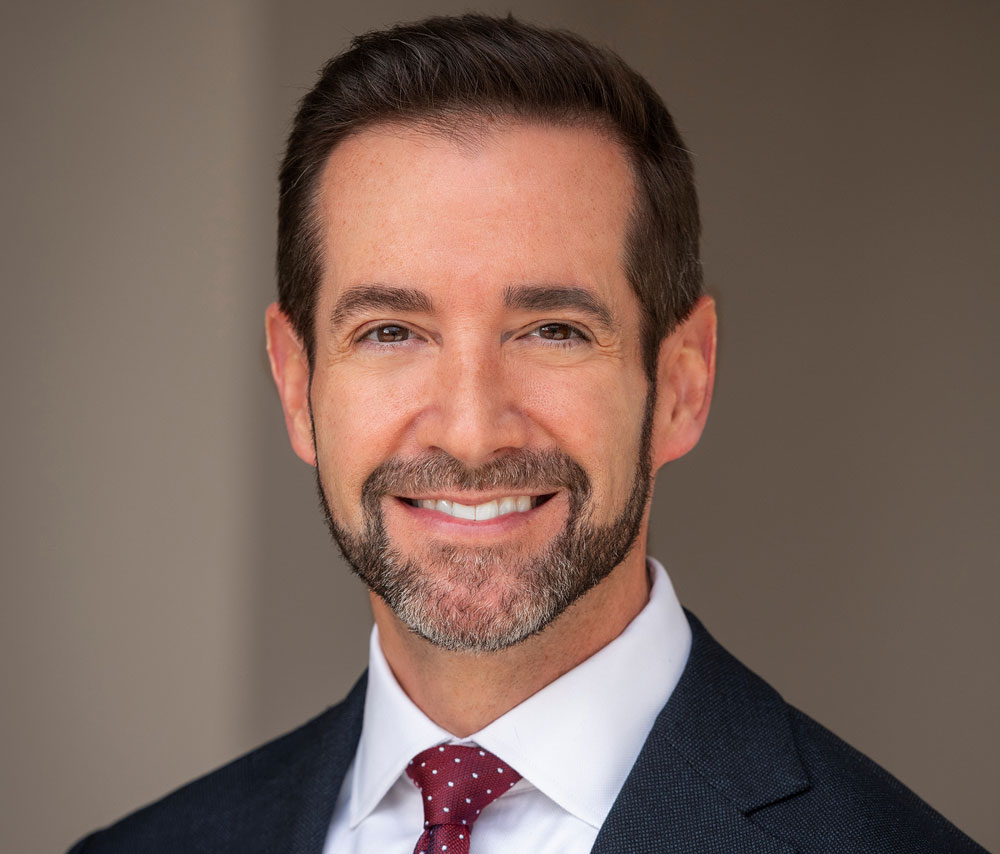
Family Health History Day: Thanksgiving can be used as a time to gather with loved ones – and track down your family health history
Thanksgiving is more than just turkey and family gatherings – it's also National Family Health History Day! This year, alongside the pumpkin pie, consider gathering crucial information about your family's health history. Knowing your genetic predispositions can empower you to make informed decisions about your own health.
 “Our genetic makeup doesn’t change – we’ve had it our entire life – and it’s important to know that certain genetic factors could play into your risk for certain diseases,” says Scott Robertson, MD, the President and CEO at Pacific Central Coast Health Centers. “Having detailed knowledge of your own family history, particularly with your first-degree relatives such as your parents and siblings, can be helpful in managing health risk factors in your future.”
“Our genetic makeup doesn’t change – we’ve had it our entire life – and it’s important to know that certain genetic factors could play into your risk for certain diseases,” says Scott Robertson, MD, the President and CEO at Pacific Central Coast Health Centers. “Having detailed knowledge of your own family history, particularly with your first-degree relatives such as your parents and siblings, can be helpful in managing health risk factors in your future.”
What exactly is family health history?
You and your family members share genes. Within that shared DNA is a shared family health history—a record of the diseases and health conditions in your family.
You can know a lot about your family’s medical history, or you can know very little. Either way, it’s a good idea to serve up some family health history questions alongside that pumpkin pie.
The CDC recommends keeping track of your family health history using online tools, such as the Surgeon General’s “My Family Health Portrait” website.
You can also share your own health history with family members while collecting theirs.
Put your health history to use
Collecting and sharing the information is an important first step. Once you have your family’s health history, you can put that knowledge to work with your doctor.
“It’s important to understand as much as possible,” Dr. Robertson says. “If you have a first-degree relative with cancer, knowing the specifics about the type and when they were diagnosed can be helpful information in stratifying risk for any patient.”
Dr. Robertson notes that it’s not always easy for you or your family to talk about their health history, but that information can be incredibly valuable.
“Most people have a general knowledge of the health history of their immediate family, but health information is very personal,” Dr. Robertson says. “Some relatives may not be open to sharing their personal health history even with close family members. They may not have a good knowledge of their own risk factors and how genetics may have contributed to certain diseases.”
Environmental factors are also in play
Dr. Robertson points out that focusing solely on a genetic profile doesn’t paint a complete picture. Genetic information goes hand-in-hand with environmental factors.
According to the CDC, members of the same family also have many similar behaviors—like exercise and eating habits—and many live in the same area and come into contact with similar things in the environment.
“Having a genetic or family history doesn’t provide 100% certainty that you’re going to end up with the same conditions as family members,” Robertson says. “There are types of environmental and behavioral changes many can make to possibly lower your risks.”
Dr. Robertson says one example is melanoma, or skin cancer, which has a genetic component.
“One example of how environmental factors could modify your genetic risk is with skin cancer. Patients with atypical nevus syndrome, or a family history of melanoma, are at higher risk for developing melanoma themselves” he says. “Those patients should be particularly cautious about their sun exposure, even at a very young age, which can lower their risk of developing a more dangerous malignancy. Cigarette smoking and lung cancer risk is another obvious example of how certain behaviors can change your risk of developing a specific disease.”
Dignity Health’s Pacific Central Coast Health Centers (PHC) is a non-profit community clinic organization of nearly 50 health centers located primarily from Templeton to Lompoc. To find out more, visit https://www.dignityhealth.org/central-coast/medical-group/phc
